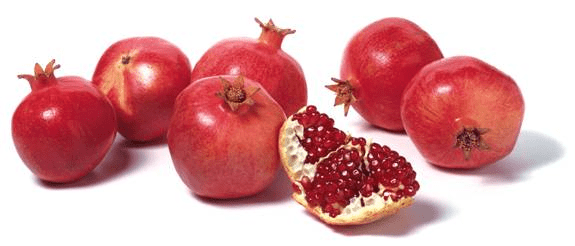The jujube is a type of fruit common across much of Asia. It is sold both fresh and dried, with the dried version sometimes called a Chinese Date, due to its sweet granular texture and single seed. The jujube has over four hundred cultivars in China, where it was grown for centuries before being introduced to Europe by explorers. In Europe, dried jujubes became wildly popular, and the term came to refer to any candy or sweet, the likely reason the name was chosen for a type of candy popular in the Southern United States.
The jujube tree can grow up to 40 feet (12 meters) in height, with long drooping branches, and is often thorny. The tree is quite lovely and used by some gardeners for ornamentation. Unlike many other fruiting trees, jujubes tend not to drop fruit as readily, and therefore will not make a mess of the garden beneath them. Jujube leaves are small and oval or round, turning yellow in the fall before dropping off. Almost all jujube leaves have spines.
The jujube fruit appears in the fall and is usually round in shape, although some cultivars have oblong fruit. The fruit is red when ripe, with a soft, edible skin surrounding creamy, sweet flesh. The fruit does not remain ripe for long, however. It soon begins to shrivel and dry on the tree into a brownish, wrinkled fruit that is also edible. For this reason, many cultivators leave the fruit on the tree to dry before collecting it for storage. In taste, the jujube resembles an apple, although it has a distinct flavor all its own.
Fresh ripe jujubes are very delicate and will keep approximately one week in refrigeration. They will not ripen further once removed from the tree, although they can bruise. The fruit is more often sold and eaten dried, and many nations offer a candied version that is delicious as well. The dried fruitdoes not need to be treated, as it dries naturally, and appears to keep indefinitely.
Benefits of Jujube
Due to the above mentioned nutrition facts, jujube fruit benefits the formation and maintenance of the blood stream, body hormones, bones, muscles, skin, hair, body enzymes and neurotransmitters. Benefits of jujube fruit are also found in the formation of more than 50,000 proteins of the body. All this, actually triggers the wound healing process and the overall immune system of our body. A recent study looked into the details about jujube fruit benefits on a few liver diseases. The study concluded that consumption of jujube fruit reduces the oxidative stress from the liver, which is caused by the movements of the free radicals in the blood stream.
Jujube fruit is also available in various forms like jujube fruit capsules, water extract and powder. Then, what are the benefits of jujube extract? An obvious question that comes to our mind. Well, according to yet another recent study, water extract of the jujube fruit was found effective for inhibiting the tumor causing cells and cells that can lead to leukemia. Jujube fruit benefits to reduce the toxicity of various drugs. Jujube fruit is a significant constituent of the Chinese herbal medicine and it is used for the treatment of anemia and peliosis (purpura). Jujube fruit benefits are also found in the treatment of itching which is caused by several skin disorders, hysteria, fatigue, loss of energy and lack of appetite. Jujube fruit is also used as a sedative.
